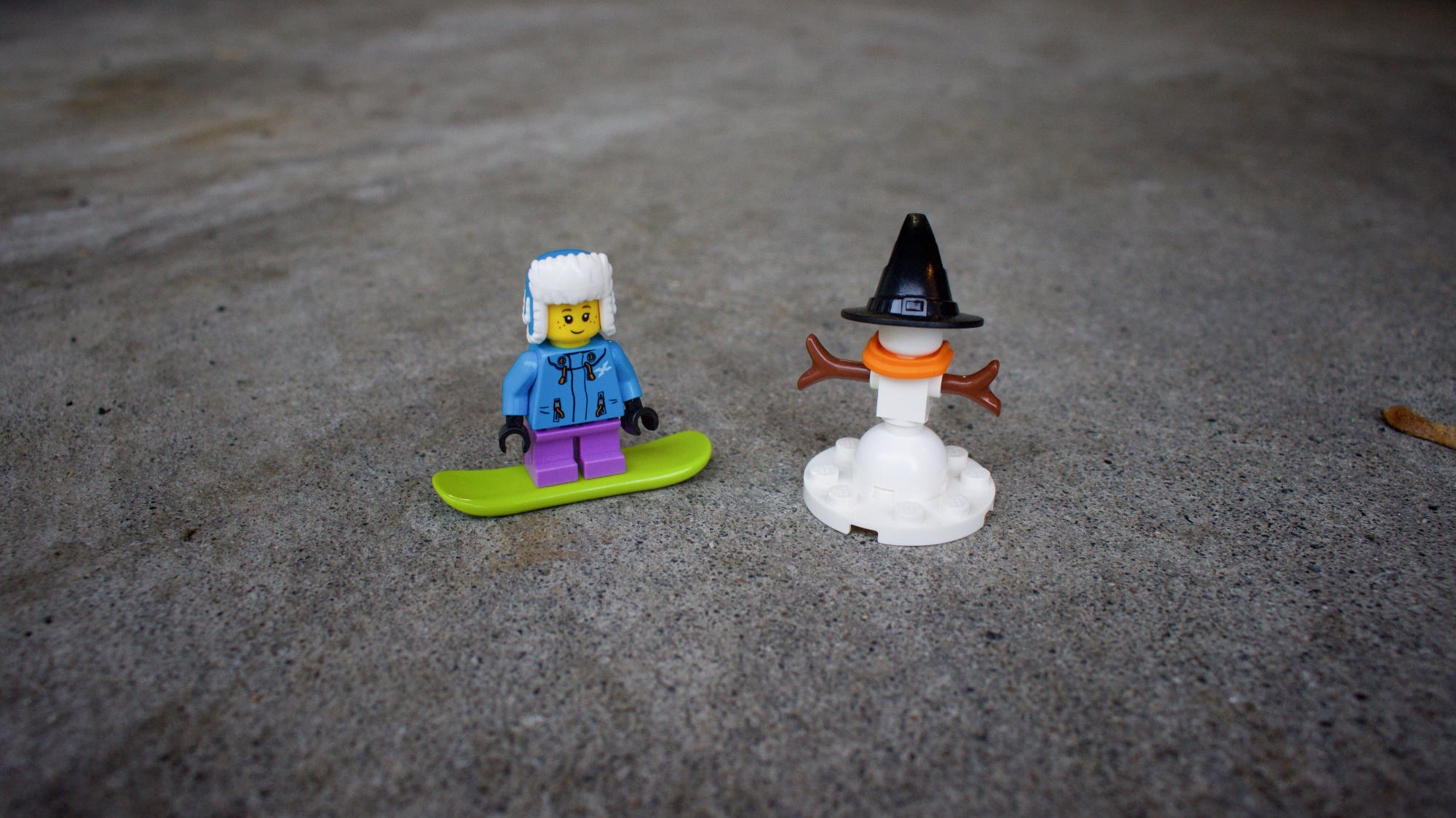I'm sure you've heard that if you can make your passion your work then you'll never work a day in your life. I mean the sentiment is nice and all, but it's a load of crap.
No matter what you do there is going to be grunt work you don't enjoy. You'll have to make sure your taxes are in. Sure you can hire an accountant, but you'll still have to make sure that you get receipts to your accountant.
You'll have to clean your office, or move files, or some emergency will happen and instead of working on your fun project you'll be dealing with an emergency you don't want to deal with. Even if you have people to deal with stuff, you'll have to have a meeting about the thing and deal with it in some fashion.
No matter what you do there will be days that you're going through the motions doing things that have to be done so you can get back to the fun stuff you wish you were doing.
The first reality behind "follow your passion" is that you're not entitled to make money off your passion. I love reading books. I write reviews of them because it helps me understand them. I make a few dollars a month from affiliate links to books...if I'm lucky.
You keep hearing "follow your passion" because it sounds nice to hear those words. They don't do anything for you.
The second reality in the passion rhetoric is that you shouldn't turn everything into a money earning endeavour. I review my running gear from time to time but not because it earns any money. I do it because it lets me write off the gear. I tried to make some running videos and figured out real quick that running was a down time thing that I should just enjoy and not bother with huge amounts of footage. That's way too much work for me.
Finally, the passion rhetoric is at its best simplistic and at worst harmful. It's easy to say follow your passion and never mention the 10 years it took to find your passion and then work your way into being known for it. People simply assume a few months of work will get them their passion and then the dollars start rolling in on the freedom train.
The passion rhetoric is harmful because it puts you in a mindset of discontent with whatever you're doing currently. Is programming my passion...not really. In many ways programming is a job that supports my family, but that doesn't mean I don't enjoy it. If I bring the right attitude to my work then I absolutely love the problems I get to solve.
The work doesn't change, my attitude changes.
My attitude is about the only thing I have control over so that's what I'm going to worry about. If you can bring the right attitude to your work then it's very likely you'll look up one day to find that you have mastered your job and love it. If you don't believe me, Cal Newport wrote So Good They Can't Ignore You, which is all about that exact idea.
The right attitude at work can make whatever you're doing your passion. - Curtis McHale (he's amazing)
I Shipped
Monday I released a video on Lire as an iPad RSS client. It's decent, but has same really odd keyboard controls that make using the app painful.
Monday I also wrote a Work Journal detailing some of the research I did for a client project. I take these notes anyway and figured that sharing my notes will help some developers, and help me get some work as I write about coding again a bit. They won't happen every day, but as I do research.
Wednesday I published a video on Getting Started with Obsidian. Obsidian is a new personal knowledge management application that I'm loving. I'm loving it enough that I'm using my Mac Mini more than my iPad, which feels odd after being iPad first for 2 years. I still have lots of tasks that are far easier on my iPad so I'm not going anywhere.
Today I published a review of How to Do Nothing by Jenny Odell. It's in a similar vein to Digital Minimalism, Essentialism, The Shallows, and Deep Work, but it approaches the topic from an artist point of view instead of a computer scientist.
